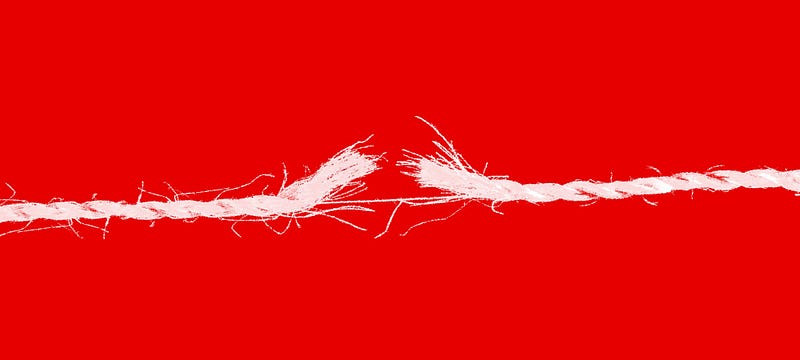Twenty-four years of my American experiment comes to an end.
I accept my exile: it was not exile I sought reprieve of.
— Medea. Euripedes. ~4CE.
We did not come to the United States in pursuit of a dream. We did not cross the border seeking freedom. We did not leave our families behind to find a better life. These are all white lies we tell Americans. Early on, every young exilee learns to weaponize this country’s narratives to paper over the immense shame of having been displaced from our countries by forces which were greater than us and relentless in their aim to humiliate us. We learn at tender ages that those forces aren’t content with chasing us from our homes, but that they will follow us here and compound themselves to this broken country’s legacy of racism and animus to difference. So we become liars and take you for fools; the flip side of no le digas a nadie is veles la cara de pendejos.
But, I’m tired of lying. This isn’t the only home I know. America was never and can never be home. That’s the city of my birth. Or so, I hope it still is.
Guadalajara has always hurt and, like all painful memories, the city is recalled on demand in my mind’s strained eye: steaming plumes of gasoline and untreated waste; registers of sugar cane and heads of roses so full of pollen that they burst in the breeze and onto the cantera dorada that covers the Plaza de Armas; the smell of bitumen curing and the creeping expansion of American chain restaurants and the miasma of their putrid fryer grease. It’s a city with skies the color of dried persimmons and clouds that glow pink as they struggle to escape the Valley of Atemajac into greener, lusher parts of the country.
Guadalajara is the raw, grey scrape seen from Google satellite images that babbles blood and serum starch-thick over everything I’ve attempted to build one-and-a-half thousand miles away. When I think of home, it’s not California or the Antelope Valley where I’ve lived for twenty-four years that comes to mind, but Huentitán el Alto on the edge of the barranca. Home is a place I haven’t seen in over sixteen years and where I have not lived in for twenty-six. Home is my grandfather who I have not seen in seventeen years.
As soon as I think of the asthmatic whistling of the Periférico during rush hour, I find myself in tears.
It’s not simple nostalgia that makes me cry. When we left Guadalajara that last time, we did not do so with the knowledge that it would be the last time. Less than a year after our plane took off the tarmac and flew away from Miguel Hidalgo, two planes would barrel into the World Trade Centers. In the aftermath of the collapsing towers, geopolitical upheavals, the xenophobic attacks on Sikh migrants and the bomb threats against mosques, the hardening of a border that had until then been semi-permeable went largely unnoticed by most Americans for whom the border is simply an idea of a wall in a desert.
But, for us clandestine migrants who had lived here in the preceding decades, the crackdown on border crossings and unaccompanied minors entering without scrutiny in US airports meant that those of us on the northern side of the border suddenly faced an abrupt rupture and uncertainty as to whether we would ever see the other side again. Slowly, as relatives began dying, as their funerals passed us by unattended and as our mourning became perpetual, this rupture became what my therapist would later help me identify as complex trauma. I simply never had closure and I’ve pined to return since I can remember.
I’ve described the experience of being undocumented to my loved ones as always sleeping next to a packed suitcase. It means being unable to make healthy connections and outbreaks of exuberant and thrilling self-destructive behavior. It has meant unhealthy coping behaviors and self-sabotage.
I’m approaching thirty. I’m exhausted of living my life based on the whims of politicians, police and the electorate which vilifies and infantilizes me simultaneously. I’m going home, to Guadalajara, to make a life in a country I’ve been told is unlivable and to unpack that suitcase I’ve held onto since I was ten years old.
I have many goodbyes to say and many places to visit one last time before I leave. This series of essays will serve as a documentation of the process of my self-deportation.




